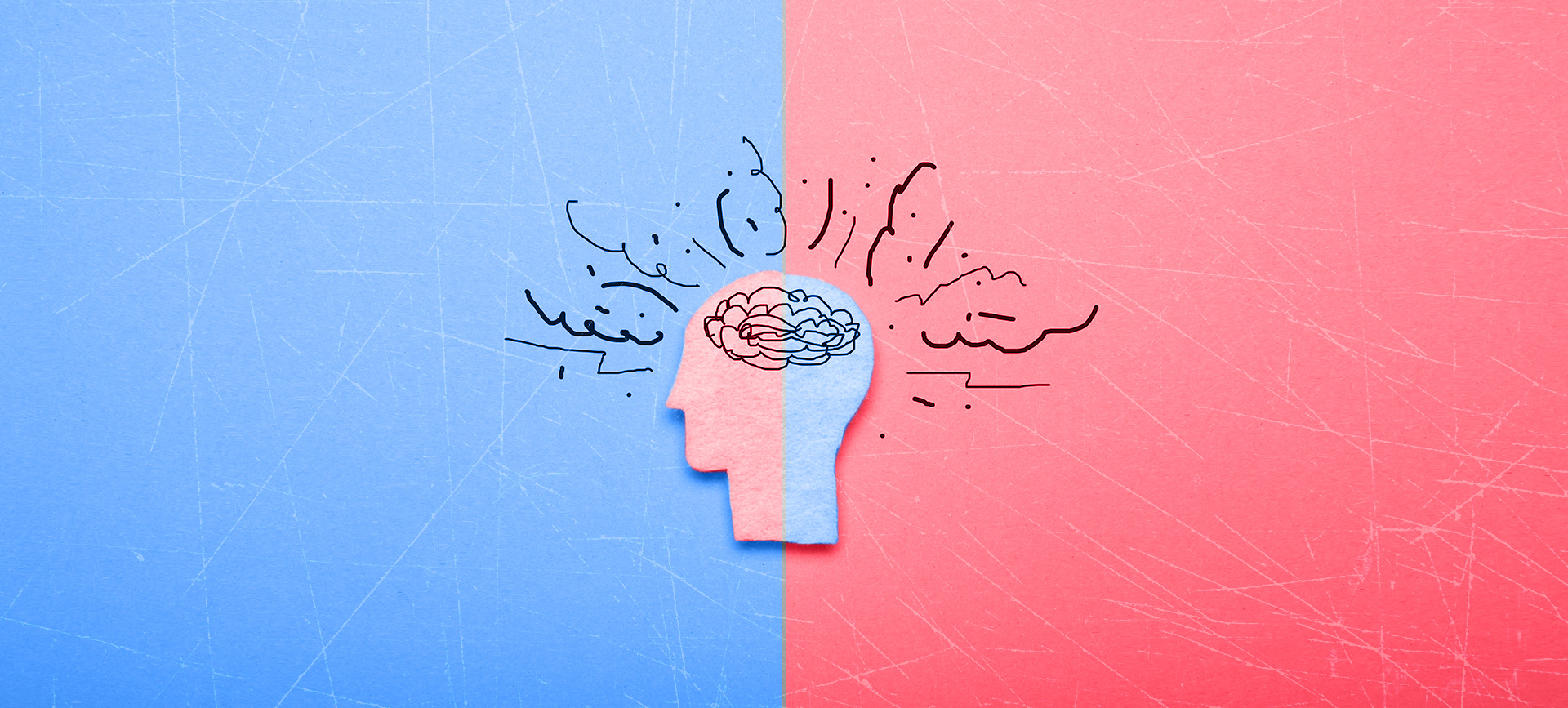Stress is a natural response to challenges or changes in our environment. However, not all stress is the same, Joshi noted.
"Good stress, also known as eustress, gives us just the right push we need to work toward our goals. Preparing better for these goals helps us feel motivated and inspired," she explained. "Good stress can be beneficial for individuals as it helps them focus their energy, enhance their performance and increase their motivation."
For example, stress before an important exam or job interview can increase alertness and sharpen cognitive function, leading to better performance.
However, Joshi said bad stress, or distress, can be harmful to a person's health and well-being. Chronic stress defined by long-term and repeated exposure to stressors can have negative effects such as anxiety, depression, poor concentration, decreased performance and even physical health problems, like high blood pressure and heart disease.
Elena Touroni, a consultant psychologist and co-founder of the Chelsea Psychology Clinic in Central London, said stress levels are a fine balance.
"We don't want to overwhelm ourselves with stress, but we also don't want none at all," she said. "The right amount of stress propels us into action and helps us grow and build resilience. However, chronic, high levels of stress can have a very damaging impact on us both mentally and physically."










